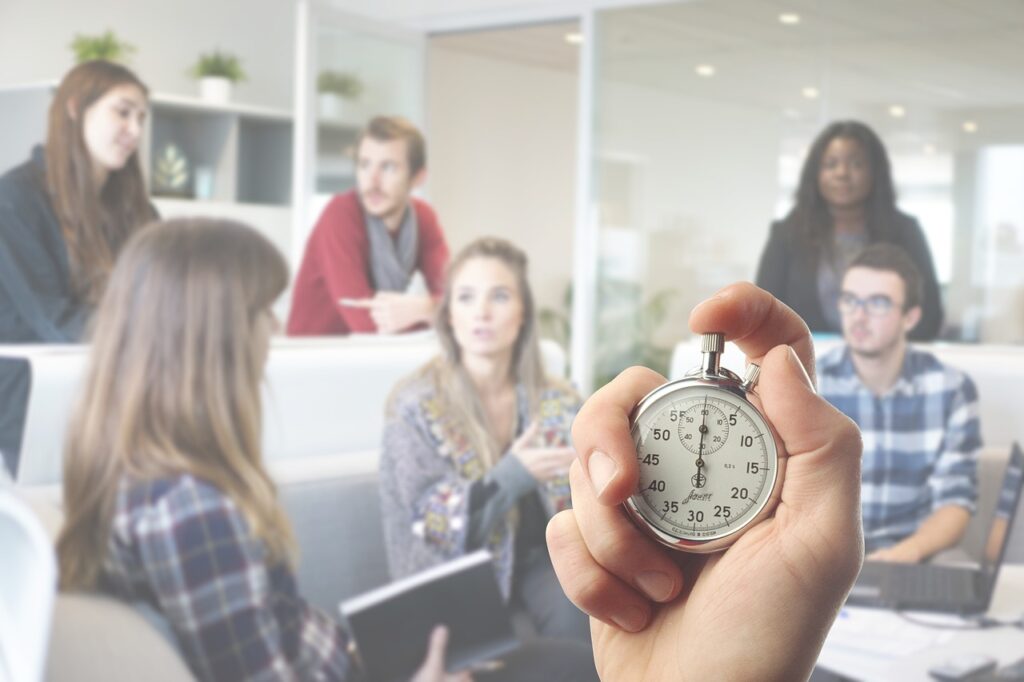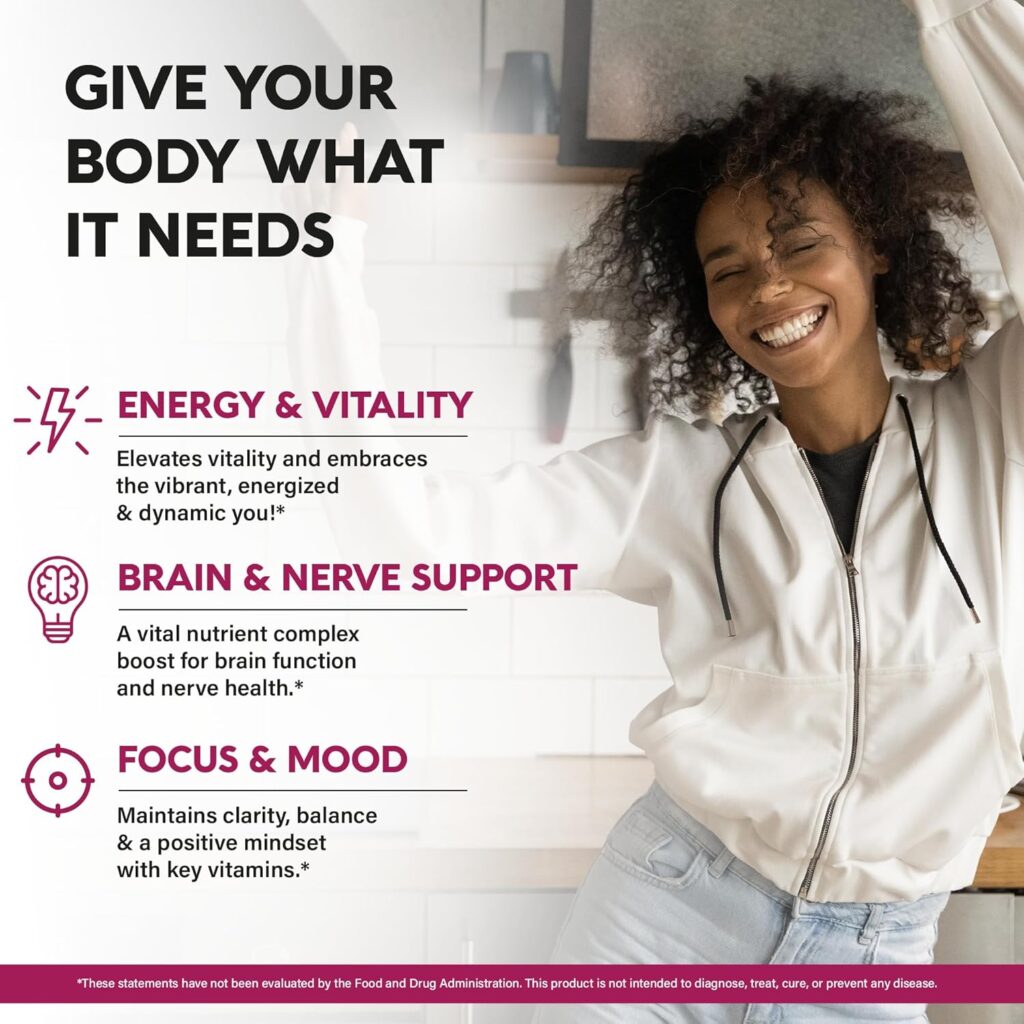Are you looking for ways to boost productivity and work more efficiently? Simple changes like setting clear goals, avoiding multitasking, and organizing your workspace can make a huge difference. In this guide, we’ll explore effective strategies to help you boost productivity without overwhelming yourself. With these tips, you’ll be able to stay focused, reduce stress, and accomplish more throughout your day.

Updated Subheadings with Keyphrase Distribution:
Avoid Multitasking to Increase Productivity
One of the most common mistakes is trying to do everything at once. However, this only creates stress and reduces efficiency. Instead, identify what truly matters. To do this, you can use the Eisenhower Matrix, which helps classify tasks into urgent and important. First, focus on those that are both, and then schedule the others for a later time.
Break Down Large Tasks to Increase Productivity
Big projects can often feel overwhelming, leading to procrastination. Instead of avoiding them, it’s better to break them down into smaller, manageable steps. For example, if you need to write a long report, the best approach is to work on one section each day. This makes the task easier and keeps you motivated as you see your progress.
Use the Pomodoro Technique for Better Productivity
When trying to maintain focus for long periods, it’s easy to get fatigued. That’s why the Pomodoro Technique is an excellent strategy. It involves working for 25 minutes without interruptions and then taking a 5-minute break. Additionally, after completing four cycles, it’s recommended to take a longer break to recharge. This method helps improve focus and prevents mental exhaustion, ultimately helping you increase productivity.
Set Clear Goals to Increase Productivity
Without clear goals, it’s easy to get lost in endless tasks without knowing if you’re making real progress. Therefore, setting concrete goals is essential. Use the SMART method (Specific, Measurable, Achievable, Relevant, and Time-bound). Instead of saying, “I want to be more productive,” it’s better to define something like “complete three important tasks each day.” This way, you’ll have a clear direction and can easily track your progress.
Learn to Say No and Stay Productive
Many times, we try to accept every request to avoid conflicts. However, this can overload our schedule and reduce productivity. That’s why it’s important to learn to say no when a task does not add value to your priorities. If you already have many responsibilities, don’t hesitate to decline new commitments to avoid feeling overwhelmed and increase productivity effectively.

Organize Your Workspace to Boost Productivity
A cluttered environment can significantly impact your concentration. In fact, when there are too many visual distractions, your mind is more likely to wander. To prevent this, take a few minutes each morning to organize your desk. Also, remove any unnecessary items and keep only what you truly need to work efficiently. This small habit can boost productivity and enhance focus.
Eliminate Digital Distractions to Stay Productive
Nowadays, constant notifications from social media, messages, and emails can disrupt your workflow. To avoid this, a good idea is to mute your phone or activate “Do Not Disturb” mode while working. Additionally, apps like Freedom or Cold Turkey allow you to block websites and apps that reduce your productivity and focus.
Exercise Regularly to Improve Productivity
Exercise is not only beneficial for your health but also improves concentration and cognitive performance. Physical activity increases blood circulation, providing more oxygen to the brain. If you don’t have time for an extensive workout, even a 10–15-minute walk can help clear your mind, restore energy, and ultimately increase productivity.
Avoid Multitasking to Work More Efficiently
Many people believe that multitasking is a useful skill. However, studies have shown that it reduces efficiency and increases errors. Therefore, it’s better to focus on one task at a time until completion before moving on to the next. As a result, your work efficiency and productivity will improve significantly.
Take Proper Breaks to Maintain Productivity
Working without breaks might seem like a good strategy to get more done in less time, but in reality, it’s counterproductive. Taking short and frequent breaks is essential to maintaining focus and preventing burnout. For example, instead of working until exhaustion, it’s better to stand up, stretch, or simply relax for a few minutes. This simple habit will help boost productivity throughout the day.
Maintain a Work-Life Balance for Long-Term Productivity
Being productive doesn’t mean working nonstop—it means finding a balance between effort and rest. In fact, stress and burnout can reduce your long-term performance. That’s why it’s essential to dedicate time to hobbies, personal relationships, and well-being. When you disconnect from work, you return with a refreshed mind and enhanced productivity.
If you want to increase productivity, start by making small but impactful changes. Organizing your tasks, avoiding multitasking, and taking regular breaks can all contribute to better efficiency. By consistently applying these strategies, you’ll not only increase productivity but also improve your overall work-life balance.
Want to increase productivity without feeling overwhelmed? The key is to work smarter, not harder. By organizing your workspace, setting clear goals, and eliminating distractions, you can increase productivity throughout your day. Simple techniques like time management, task prioritization, and maintaining focus will help you increase productivity efficiently and effectively.
Being productive doesn’t mean working nonstop—it means finding a balance between effort and rest. In fact, stress and burnout can reduce your long-term performance. That’s why it’s essential to dedicate time to hobbies, personal relationships, and well-being. When you disconnect from work, you return with a refreshed mind and enhanced productivity.
By implementing these practical tips, you can boost productivity and enhance your work-life balance. Whether it’s breaking down tasks, using productivity techniques, or eliminating distractions, small changes can lead to big results. Start incorporating these strategies today and enjoy the benefits of a more productive and focused day.





